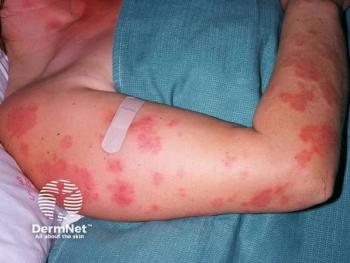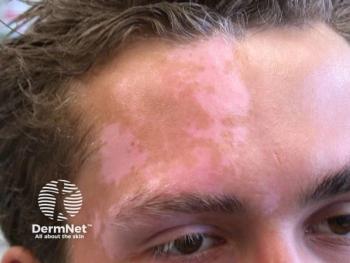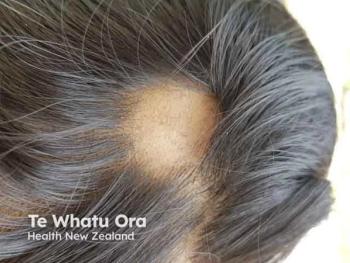
Managing Complex Diseases with Therapeutic Monitoring Program
Complex diseases can be difficult to manage for optimal outcomes. Monitoring programs of therapies can help with that management
For patients living with complex conditions, therapeutic clinical outcome monitoring programs can help identify the need for clinical interventions and improve patient satisfaction, according to a poster presented by Alexandra B. Edinger, PharmD, of the University of Illinois Chicago, at the American Society of Health-System Pharmacists 2022 Summer Meetings and Exhibition in Phoenix, Arizona.
The poster highlighted the therapeutic outcome monitoring program for rheumatoid arthritis implemented at the UI Health Specialty Pharmacy Services, which included theRoutine Assessment of Patient Index 3 (RAPID-3) survey, which is a validated disease activity examined whether there was a link between the RAPID-2 survey scores and satisfaction with therapy.
The program was initiated on September 1, 2021. Any patient who began a new pharmacologic treatment that was FDA-approved for rheumatoid arthritis was given the RAPID-3 survey at baseline as well as 3 and 6 months after beginning the therapy. At those times, a technician would contact the patient and complete a monthly clinical assessment survey to look at missed doses, tolerability, recent hospital stays, and satisfaction with the new therapy, and then the patient was transferred to a University of Illinois Health Specialty Pharmacy Services pharmacist to complete the RAPID-3 survey.
Since the program’s inception, 17 eligible patients have been enrolled. At the start of treatment, the man weight RAPID-3 score for cohort was 5.9 (standard deviation [SD] = 1.56), which represents a high level of disease activity. By March 15, 2022, 7 patients had completed the 3-month RAPID-3 assessment, with 5 having a decrease in their score. The scores decreased by 1.5 points (SD = 0.61) on average and the mean satisfaction score was 6.2 out of 10 (SD = 1.7) for the specialty medication. For the other 2 patients, an increase in RAPID-3 score was found, which prompted a clinical intervention with an appropriate provider. These interventions led to a change in therapy and a dosage escalation.
Clinical outcome monitoring is a new way to manage the medication for patients who get specialty medications in health system pharmacy and it better identifies those who are in need of clinical intervention. Edinger did noted that data collection is ongoing and a full analysis is pending.
Reference
Edinger A. Evaluation of a therapeutic outcome monitoring program forpatients with rheumatoid arthritis. Presented at American Society of Hospital Pharmacists 2022 Summer Meeting; June 13, 2022; Phoenix, AZ.
Newsletter
Like what you’re reading? Subscribe to Dermatology Times for weekly updates on therapies, innovations, and real-world practice tips.











